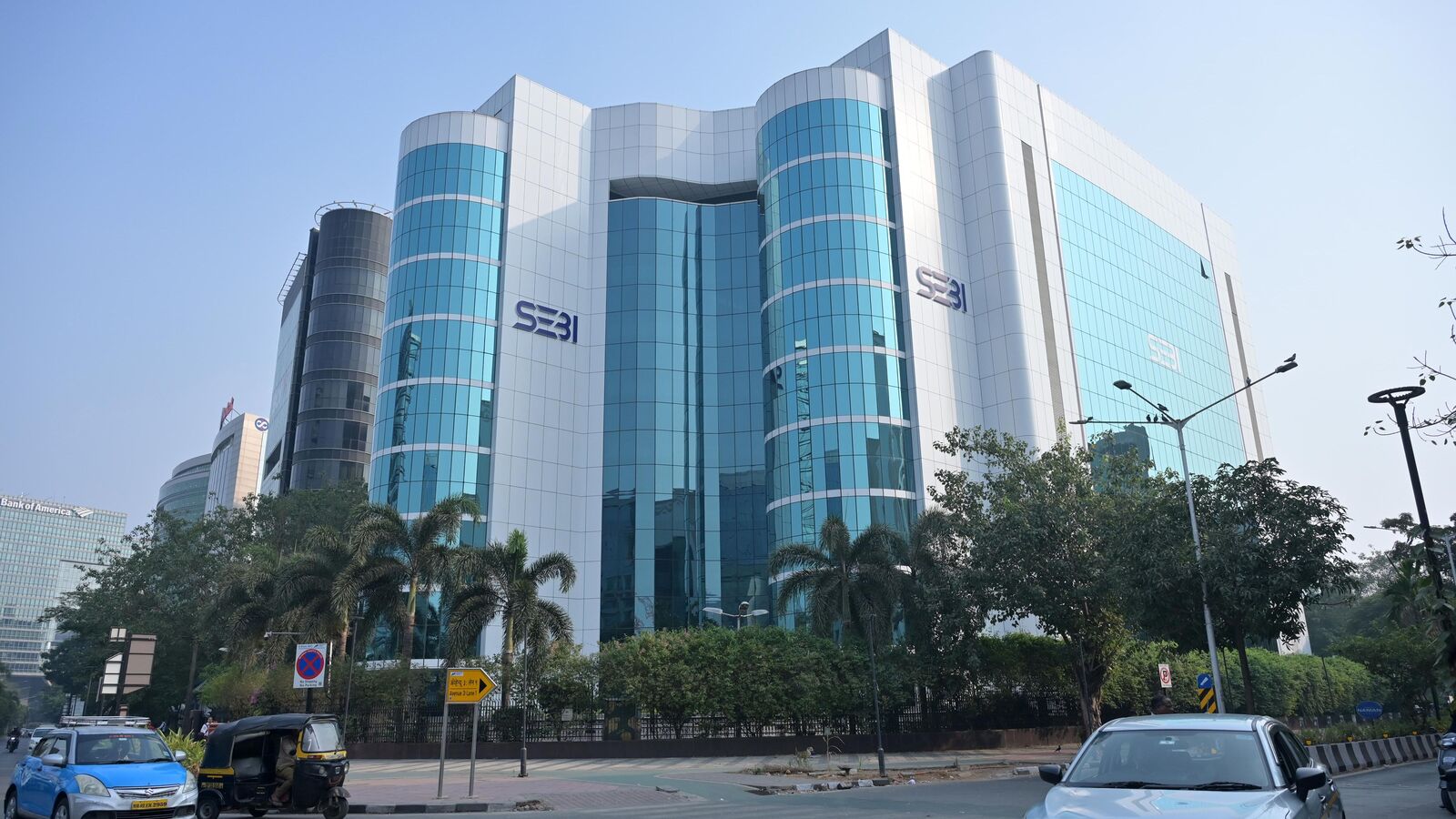Introduction
The Securities and Exchange Board of India (Sebi) has made a significant move to support social enterprises in India, extending the deadline for the submission of annual disclosures and impact reports. This extension, set to January 2025, is particularly aimed at social enterprises that have raised funds through the Social Stock Exchange (SSE). Such measures are not only designed to ease compliance burdens but also to enhance transparency around social impact initiatives.
Extended Timeline for Annual Disclosures
On Monday, Sebi announced that social enterprises are now required to submit their annual disclosures and the obligatory ‘annual impact report’ for the financial year 2023-24 to the SSE by October 31, 2024. The outer timeline for these submissions has been formally extended to January 31, 2025, as detailed in a recent circular issued by the regulatory body.
Details of the Annual Impact Report
The annual impact report serves a dual purpose: it summarises the governance and financial facets of the social enterprise while also highlighting the qualitative and quantitative outcomes of its social initiatives. This report is crucial as it enables stakeholders to gauge the effectiveness and reach of social enterprises, helping to establish a transparent rapport with investors and the public.
Reporting Requirements for Not-for-Profit Organizations
For Not-for-Profit Organizations (NPOs) that are registered but not listed on the SSE, the annual report must focus on significant activities, interventions, and programmes undertaken by the organization. This requirement ensures that even unlisted entities maintain a level of accountability regarding their operations and social contributions.
The Role of Social Stock Exchange
The SSE represents a groundbreaking initiative in India, functioning as a unique segment within the existing stock exchange framework. It offers a platform for social enterprises to connect with potential investors and raise funds through a structured mechanism. Launched with the objective of facilitating greater access to capital for socially driven organizations, the SSE is expected to play a pivotal role in enhancing the visibility and credibility of social enterprises.
Eligibility Criteria for Social Enterprises
To participate in the SSE, social enterprises—comprising both NPOs and for-profit entities—must demonstrate a clear social intent and impact as their primary objectives. This intent has to be evident through a focus on eligible social objectives aimed at supporting underserved or marginalized populations and regions. The SSE allows these enterprises to showcase their commitment to social responsibility and impact.
Scope of Social Activities
Participating social enterprises are expected to engage in specific activities outlined by Sebi, which encompass a broad spectrum of social concerns. These activities include:
- Eradicating hunger, poverty, and malnutrition
- Promoting healthcare
- Supporting education, employability, and livelihoods
- Fostering gender equality and empowering women and LGBTQIA communities
- Encouraging the development of social enterprise incubators
Conclusion
The extension of the reporting timeline by Sebi marks a significant step towards strengthening the social enterprise ecosystem in India. By ensuring that these organizations adhere to transparent accounting practices and evaluate their social impact accurately, the SSE aims to foster greater trust and investment in social initiatives. As these enterprises continue to navigate the new landscape, the emphasis on impact reporting will arguably become a cornerstone of their operational strategy.












